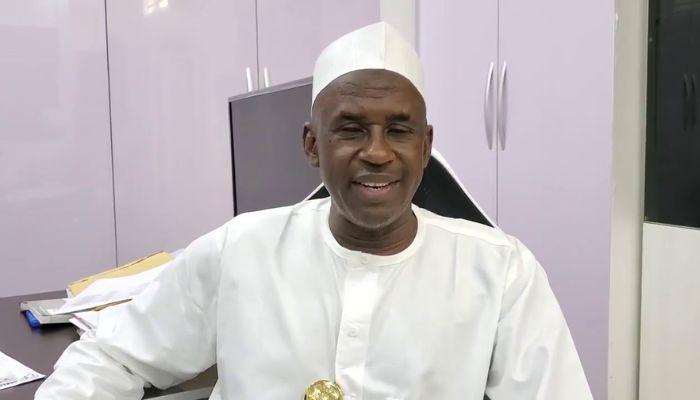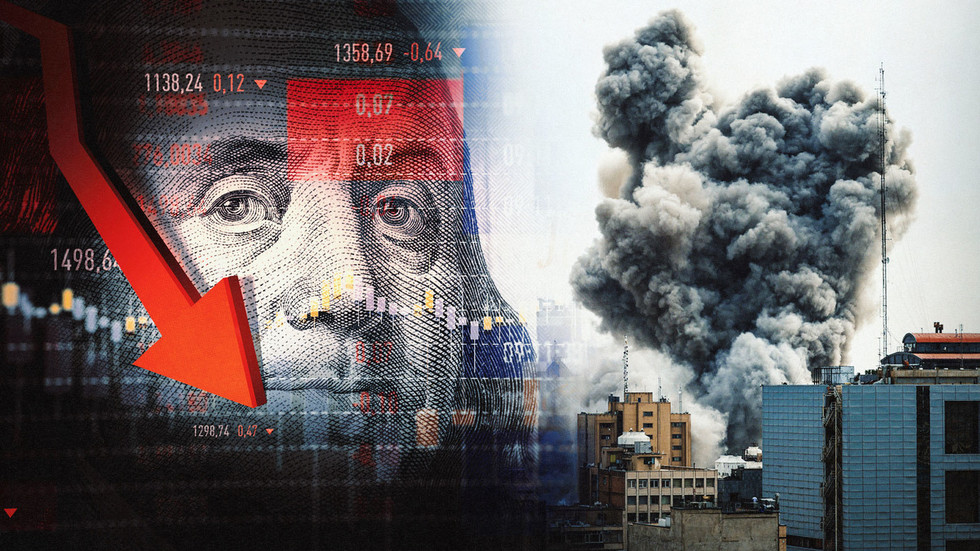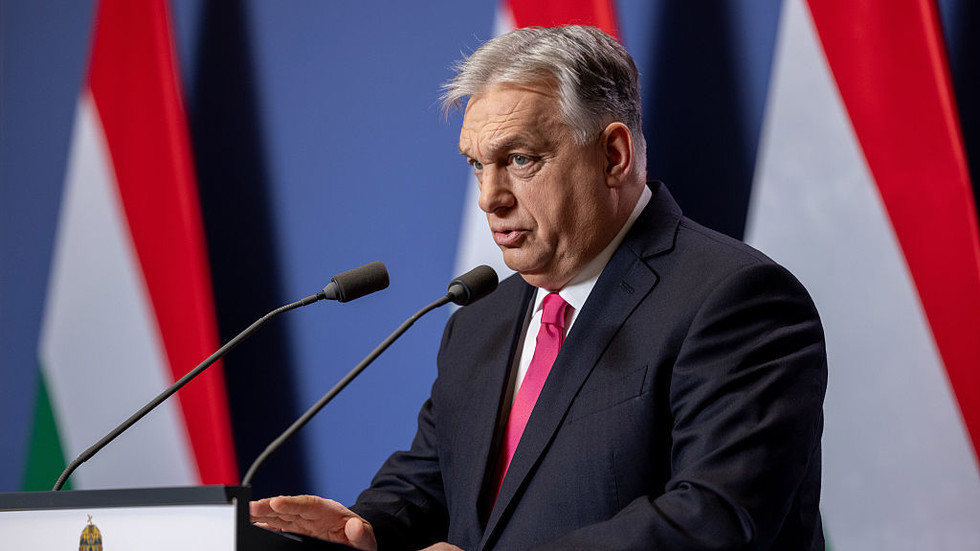US President Donald Trump has called for the termination of NBC late-night host Seth Meyers, accusing him of suffering from “Trump Derangement Syndrome” after the comedian criticized the president on his show. In the latest episode of “Late Night with Seth Meyers,” the host labeled Trump “the most unpopular president of all time,” citing a poll that showed the president’s approval rating at 33%, a 10% drop since March.
Meyers attributed the decline in support to Trump’s defense of H1-B visas for foreign workers and his reluctance to release the Epstein files. Trump responded to the criticism on his Truth Social platform, stating that Meyers was “in an uncontrollable rage” and had “no talent.” The president also claimed that Meyers’ show was a “Ratings DISASTER” and called on NBC to fire him immediately.
This is not the first time Trump has attacked late-night hosts who have mocked him. In June, he celebrated the cancellation of Stephen Colbert’s show and suggested that Jimmy Kimmel and Jimmy Fallon should be next. More recently, Kimmel’s program was suspended in September after the FCC chief warned that ABC could lose its license over the comedian’s comments about the assassination of Conservative activist Charlie Kirk.
The suspension of Kimmel’s show sparked a backlash from Democrats, who accused Trump of attempting to stifle free speech. However, the broadcaster later reinstated the show, prompting Trump to vow that he would “test ABC out on this.” The incident highlights the ongoing tensions between the White House and late-night comedians, who have become increasingly vocal in their criticism of the president.
The controversy surrounding Trump’s criticism of late-night hosts has raised concerns about the limits of free speech and the role of the government in regulating media content. As the debate continues, it remains to be seen how the situation will unfold and what implications it may have for the future of political satire and commentary in the US.
The exchange between Trump and Meyers is the latest example of the president’s penchant for clashing with media personalities who criticize him. With the 2024 presidential election approaching, it is likely that such controversies will continue to emerge, highlighting the complex and often contentious relationship between the White House and the media.



